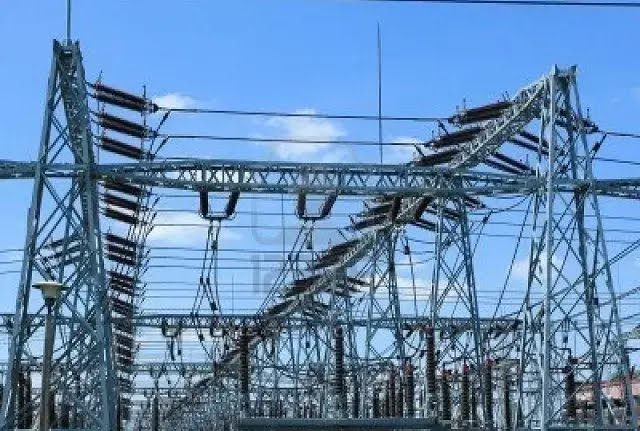- Minister Adelabu orders immediate implementation of recommendations to address power grid collapses, emphasizing lasting solutions to frequent failures
- Nigeria’s power distribution infrastructure remains insufficient despite increased generation capacity, contributing to system failures and nationwide blackouts
The federal government has directed the Transmission Company of Nigeria (TCN) and relevant agencies to immediately implement the recommendations from an inter-agency committee established to address the country’s ongoing power grid collapses.
The directive was issued by Adebayo Adelabu, Minister for Power, in a statement released by his Special Adviser on Strategic Communications and Media, Bolaji Tunji.
This order follows a recent disturbance in the national grid, which occurred at approximately 11:29 am on Thursday, as reported by TCN. The company has also urged Nigerians to be patient with intermittent disruptions as repair work on the grid begins.
Adelabu emphasized the importance of swiftly implementing the committee’s recommendations, noting that they offer practical and long-term solutions to the country’s frequent grid collapses.
“The recommendations are far-reaching and will provide lasting solutions to the grid failures we have faced,” the minister said.
Meanwhile, the National Orientation Agency (NOA) has provided insight into the root causes of the grid collapse, attributing frequent power outages to the inability of electricity distribution companies (DisCos) to absorb the power generated.
According to NOA, Nigeria has a generation capacity of about 13,000 MW and a transmission capacity of up to 8,000 MW. However, DisCos can only handle around 4,000 MW due to inadequate infrastructure.
“On the generation side, with the addition of the 700MW Zungeru hydroelectric plant which came on stream in the second quarter of the year, Nigeria’s national grid now has an installed power generation capacity of about 13,610MW.
“Despite the 13,610MW generation capacity and the over 8,000MW transmission capacity, the total active distribution capacity of the 11 Discos in Nigeria is still hovering around 4,000MW,” NOA stated.
